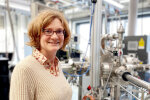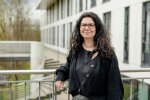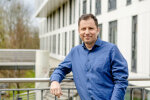News
New profs at the Research Center Future Energy Materials and Systems
News
Keep informed on our alliance's latest research projects, collaborative initiatives and study programs.
News





